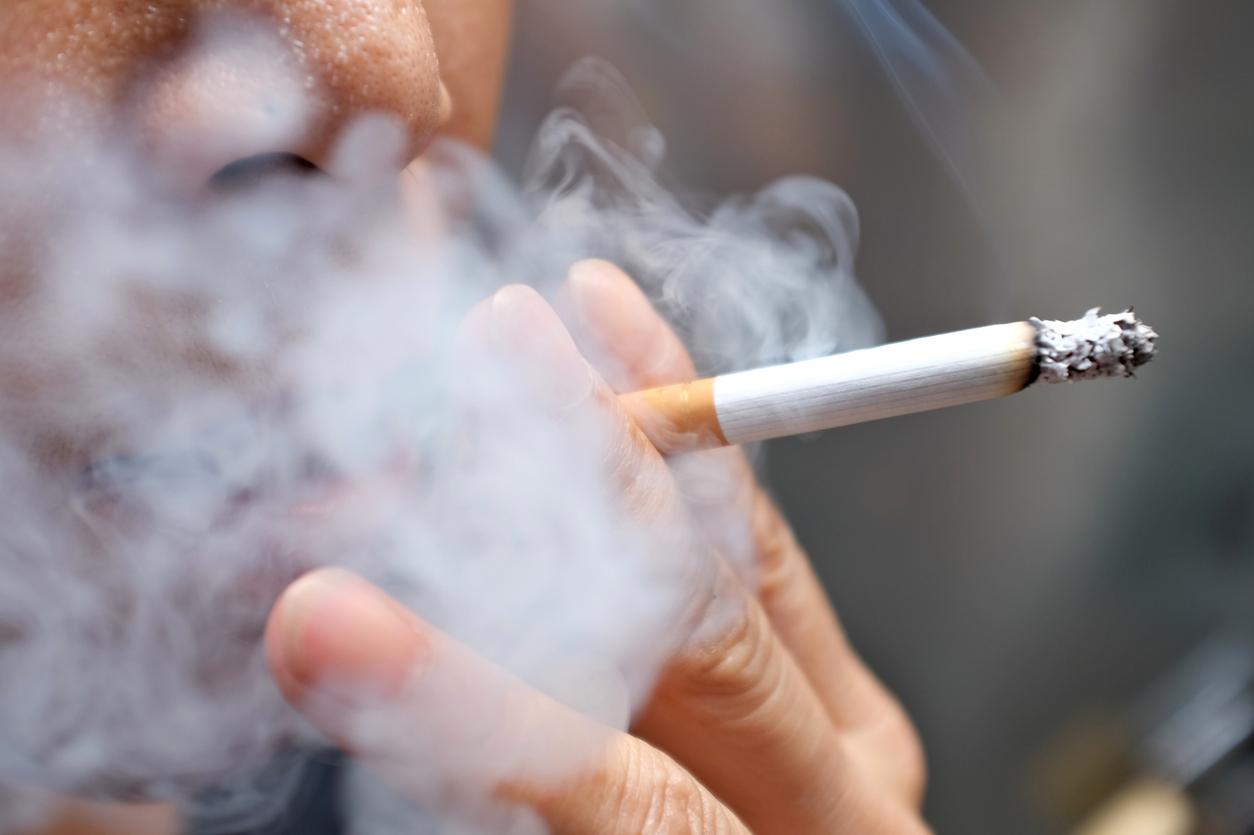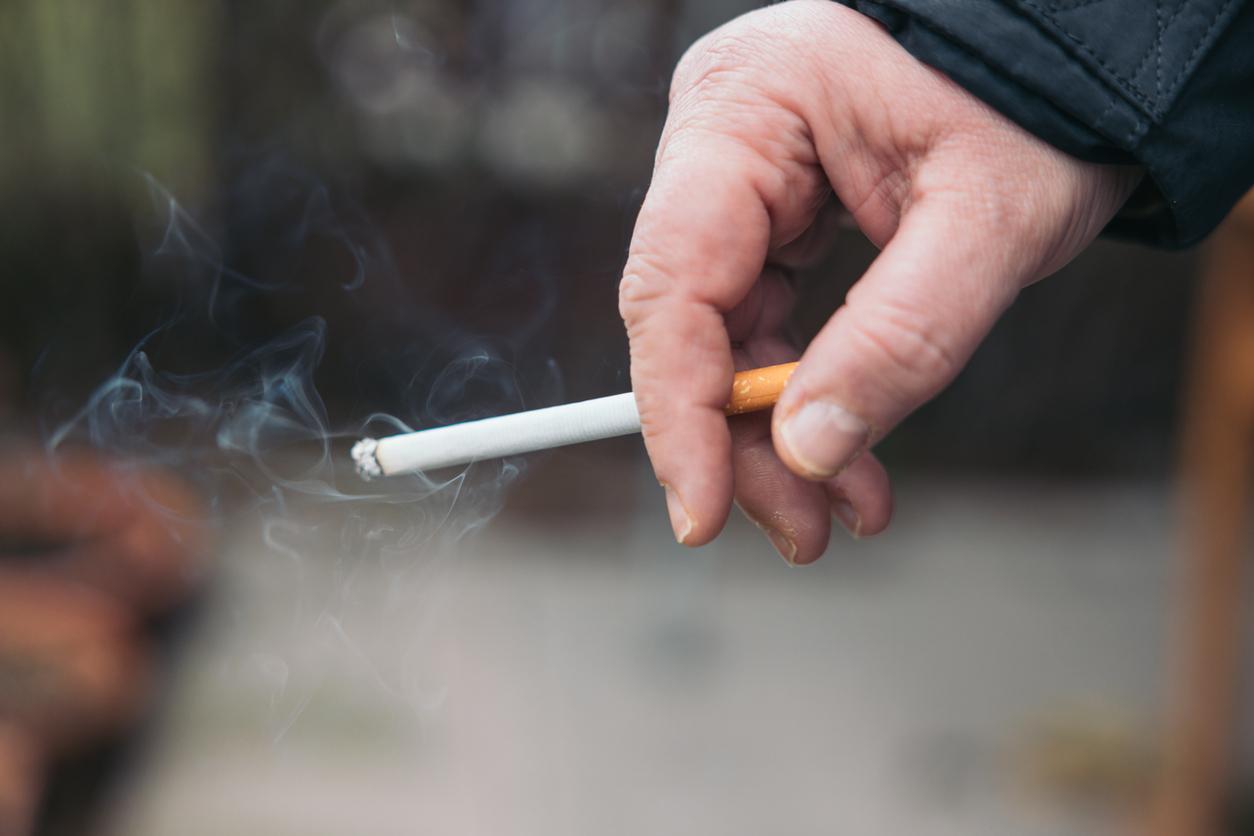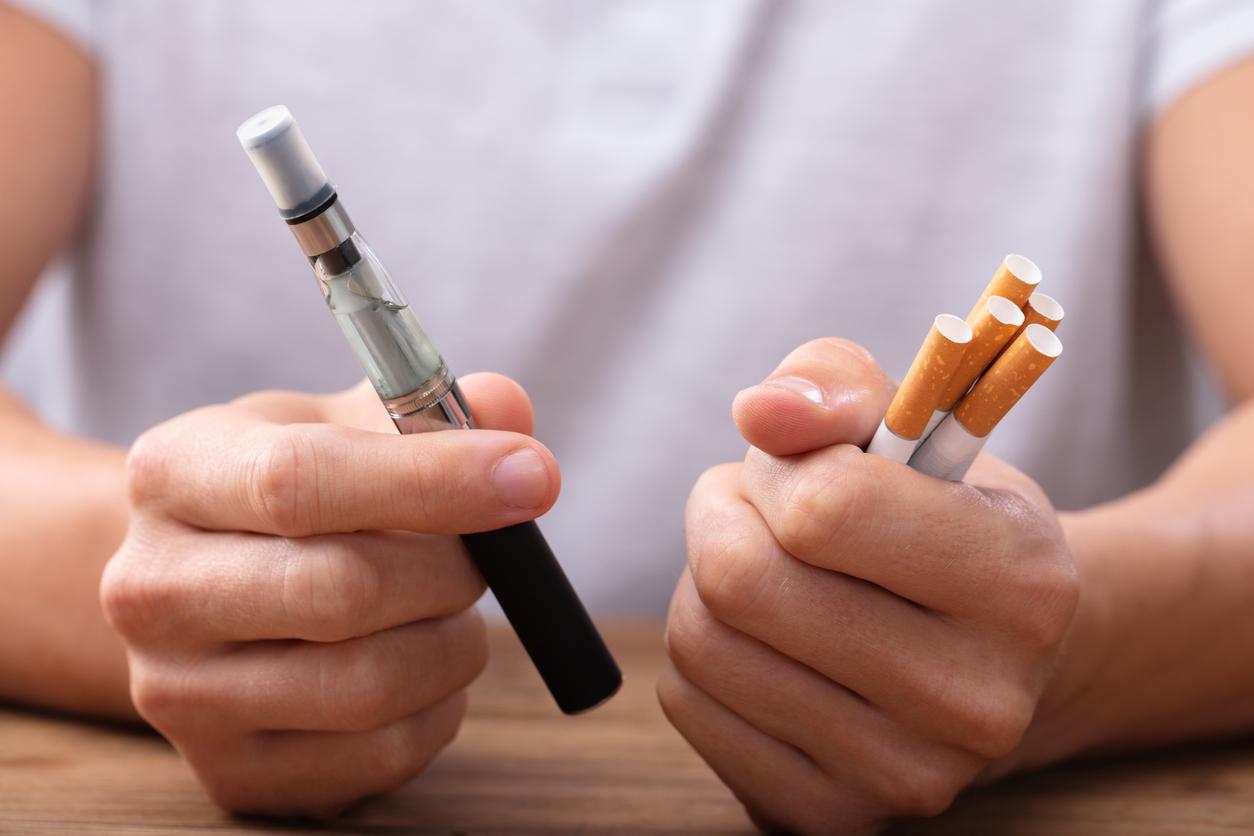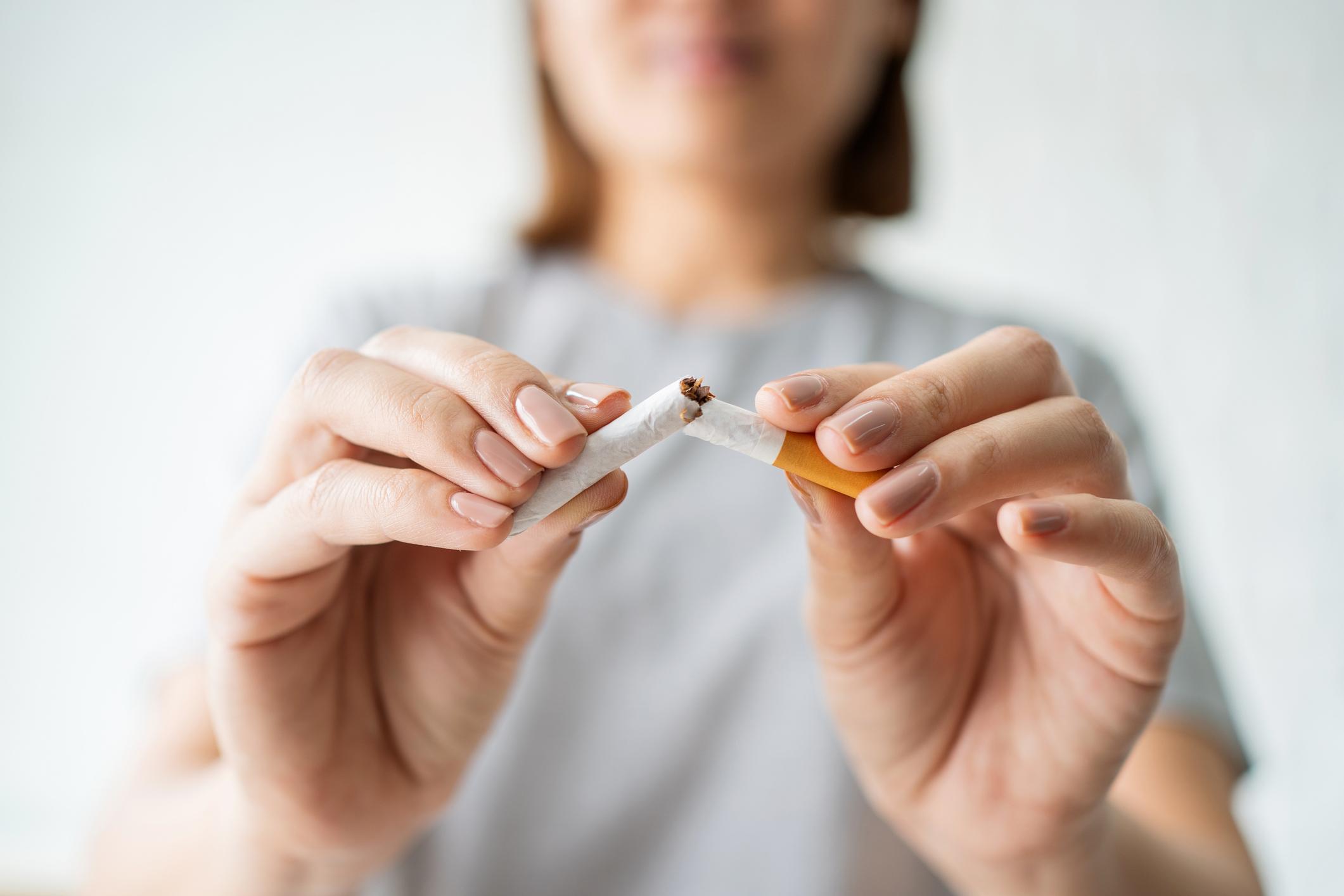“Social” smokers suffer from hypertension and high cholesterol as much as regular tobacco users.

“I’m not really a smoker, I just tax one or two in the evening.” This statement, heard a thousand times, has just been partially contradicted by a study by Ohio State University (United States), published in the American Journal of Health Promotion.
If these social smokers are not really addicted to cigarettes, they would suffer from the same cardiovascular risks, according to the results of American researchers. In each of the groups, approximately 75% of the individuals present in fact high blood pressure, and 54% abnormally high cholesterol levels.
Kate Gawlik, lead author of the study, closed the debate: “Not smoking is the only solution. Even though smoking is confined to social situations, it is harmful to cardiovascular health. “
Youthful mistakes
Of the approximately 40,000 Americans participating in the study, 17% reported being regular smokers. To these are added the 10% of the occasional, which brings the rate of people at risk to more than 27% of the population. In France, this figure rises to 32% of 15-85 year olds, and even to one in two people for the 18-34 age group.
Occasional smoking, which mainly affects young people (between 21 and 40 years old), reinforces, according to Kate Gwalik, the alarming side of these results. “In our study, one in ten people say they smoke occasionally. Many of them are young, and already on the path to heart disease, ”she worries.
Adapt the interrogations in consultation
“This part of the population has been neglected,” adds Bernadette Melnyk, dean of the nursing school at Ohio State University. We know that smoking is an addiction, but caregivers do not usually ask patients about occasional consumption. When these social smokers are asked if they are tobacco users, their answer is often no. “
The authors of the article therefore recommend changing the semantics. Rather than asking patients if they smoke, they suggest asking the last time they smoked a cigarette, or if they happen to light one on a night out with friends or family. .
“There is a huge place for clinical intervention,” continues Kate Gawlik. Maybe we can get to these smokers before they’re completely addicted ”. Which often ends up happening.
.














